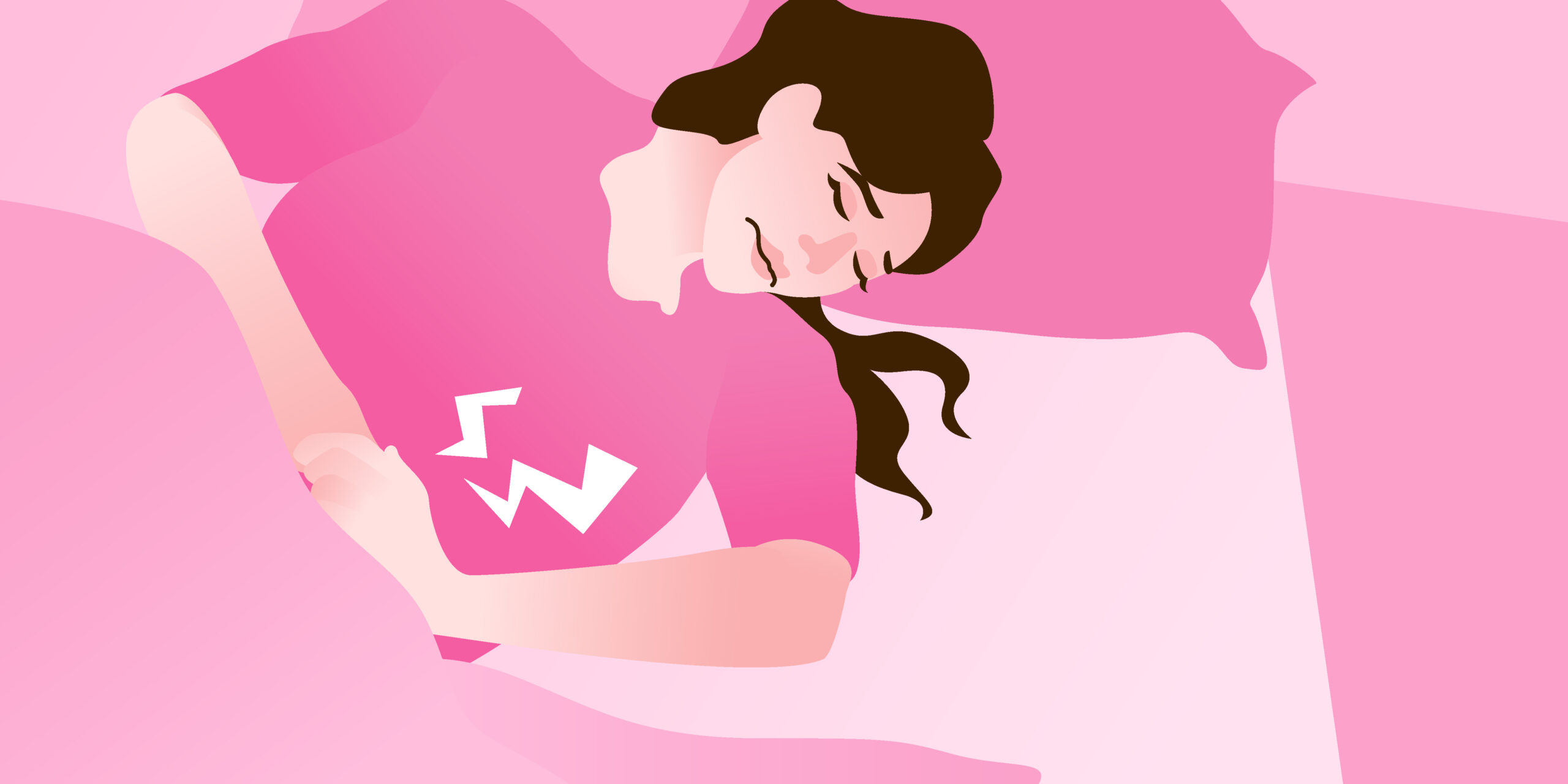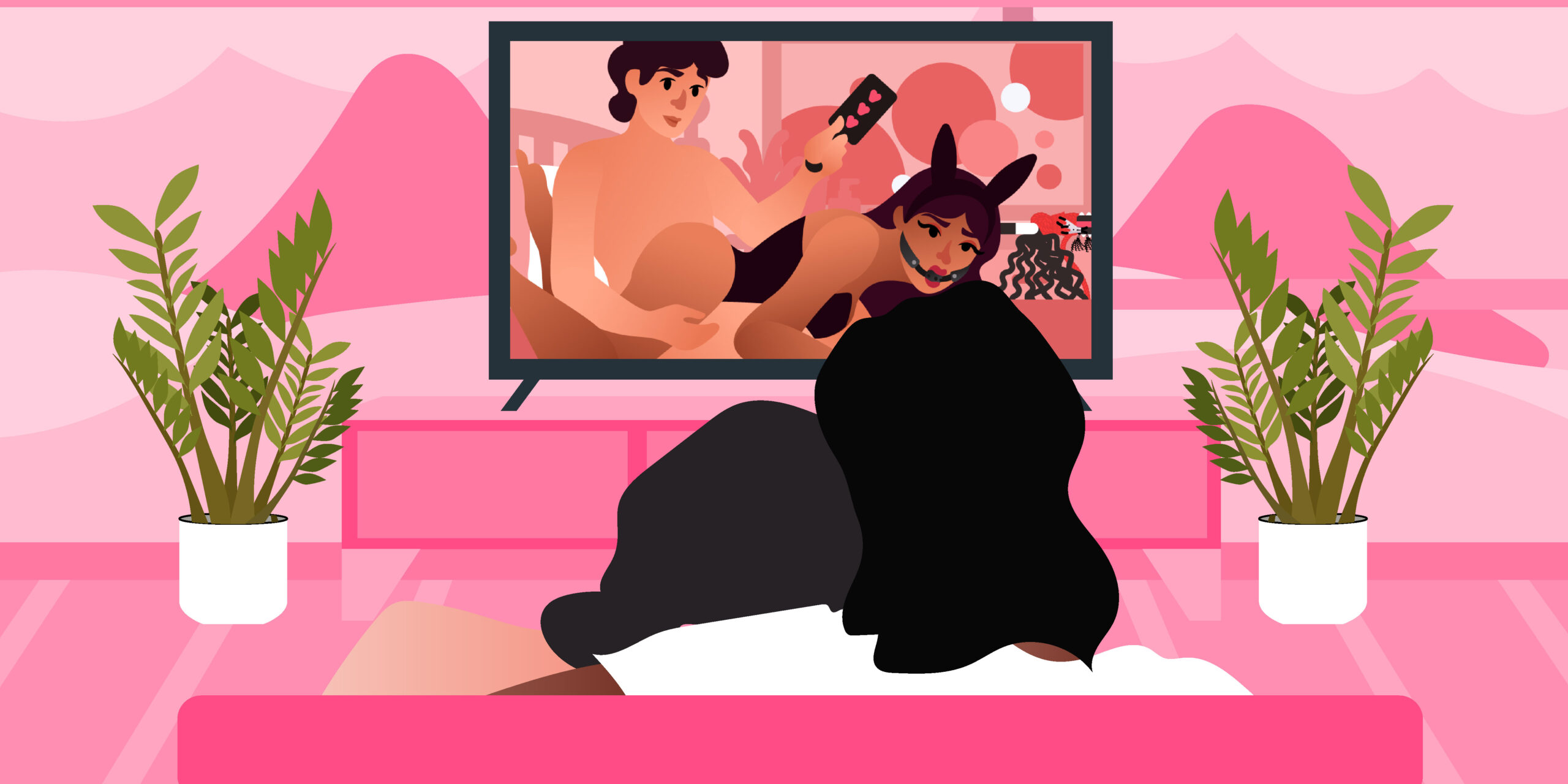
Learning how to be socially confident is a journey of constant growth and improvement. There are always going to be successes and fallbacks as we improve on how we connect with other people.
If you find yourself struggling with being confident with socializing or connecting with other people, this guide is for you.
Over here, we’ll provide what it means to be socially confident and our top ways on how to improve on it. We’ll also break down some clear signs that indicate whether or not you lack it.
What is Social Confidence?
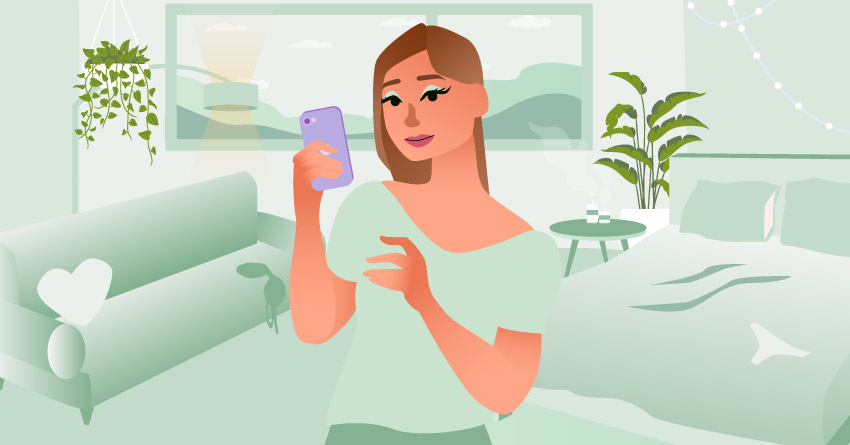
Ascend Healthcare defines social confidence as “the ability to feel comfortable interacting with others in a variety of social situations.”
Having such confidence can be achieved through easy conversations with family members (immediate or distant), making small talk with strangers, and meeting new people at work or at school. This type of confidence allows you to connect with others and be immersed in life. After all, no man is an island. Being social plays a big part in our overall well-being.
-
₱7,530.00
-
₱3,400.00
-
₱3,395.00
-
Original price was: ₱3,995.00.₱3,395.75Current price is: ₱3,395.75.
What are some causes behind low social confidence?

One’s lack of social confidence may be due to either nervousness or social anxiety. Yes, those two causes are different.
With nervousness, Healthline states that your body’s stress response is triggered. As a result, it releases all sorts of physical and hormonal responses that are preparing you for an imagined threat. Or in other words, you go into fight or flight mode as more adrenaline is produced in your system, increasing your heart rate and making you more alert.
With all of this going on, it can be overwhelming to process everything and show up in those social gatherings.
Meanwhile, social anxiety is a medical condition, a disorder. The National Institute of Mental Health (NIH) defines it as “an intense, persistent fear of being watched and judged by others.” As a result, it becomes a huge challenge to connect with people and create meaningful relationships with them. Public speaking can also be demanding and challenging for them. It’s as if your every step and move is being analyzed, and that very anxiety can feel as if it’s out of your control.
Someone with this disorder would also avoid any situation that causes them distress and embarrassment. If you think you may have this condition, consulting with a professional is the next big step so they can give you a more in-depth diagnosis.
Signs That You Lack Social Confidence
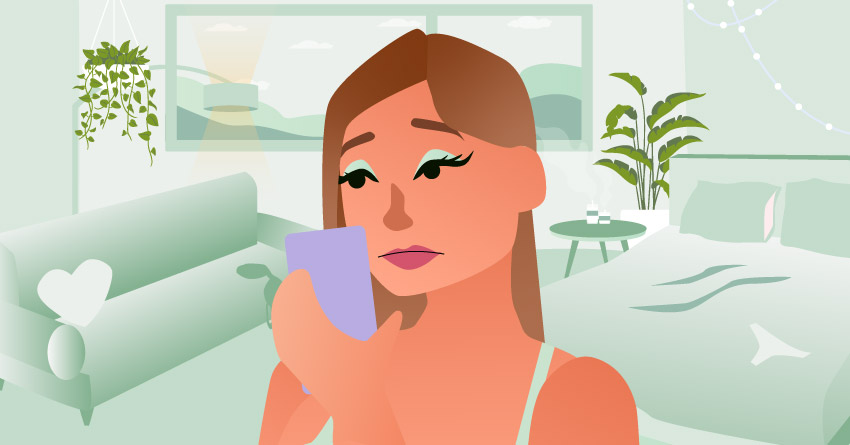
Lacking social confidence is more than just nerves and jitters. Here’s a list of extra signs to watch out for when you’re not acting like yourself in social gatherings.
- You turn down any invitations to social gatherings.
- You have difficulties striking or reciprocating any conversations.
- You get easily overwhelmed in public.
- Your posture is bad (e.g., slumping or shrinking down).
- You make use of other things (e.g., phone) to distract yourself.
- You struggle with making eye contact with others.
- You always find a way to get out of the situation.
- You overthink a lot.
- You’re very closed off, not to talk so much about yourself and vice versa.
- You tend to look for a private place to be alone.
-
₱1,599.00
-
₱799.00
-
₱1,845.00
-
₱2,000.00
Ways on How to Be Socially Confident
Transform into a more socially confident person through some of these tips and tricks down below. Take what resonates the most with you, and slowly apply in them in day-to-day situations one by one. Not all at once so you won’t overwhelm yourselves!
1 Prepare ahead of time.
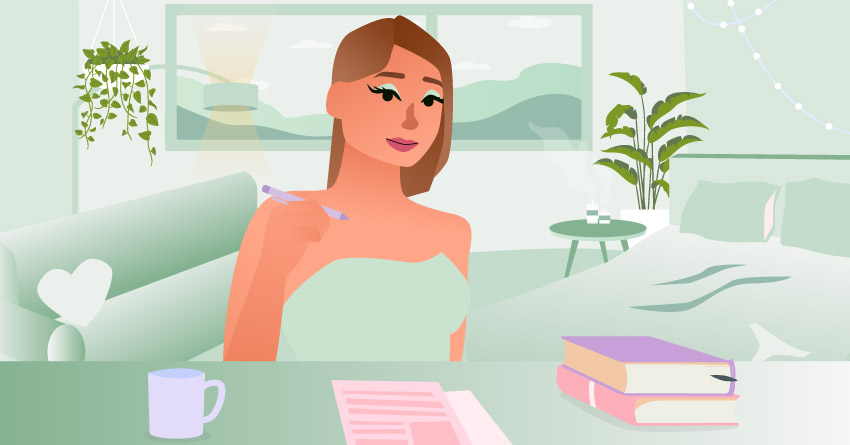
If you’ve been invited to an upcoming event, it’s best that you are informed ahead of time so you have enough time to compose yourself. Since social gatherings require a lot of energy, some want to charge up their social batteries, especially if they’re introverts. Not having enough social battery and rest can make us more prone to nerves and even backing out at the last minute.
While doing this, you can also research the event and other people who are attending it. This will give you more ideas on what to expect and what to talk about when you’re eager to converse with them.
Bonus points if you invite other friends to come with you or find out that you know someone attending it! You’ll feel more at ease in the company of someone you’re close with, giving you a clearer mindset and composed heart rate. Those are the keys to making conversations flow easily.
2 Start internally.
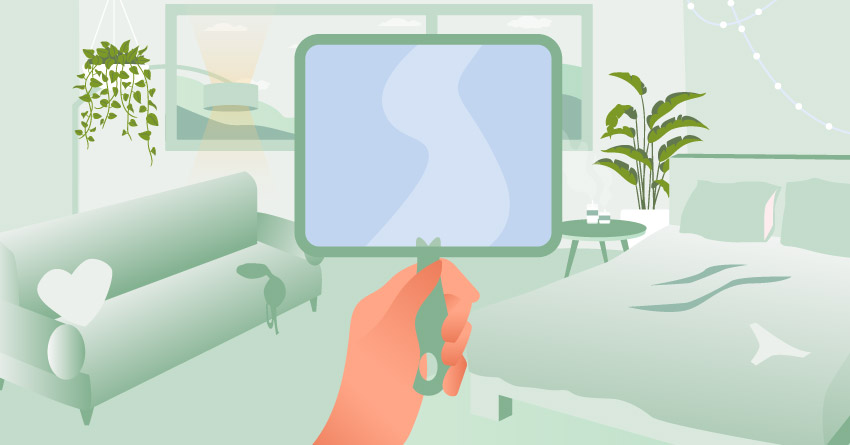
How you exert and view yourself internally affects how you present yourself externally.
If you’re the type to keep envisioning the worst-case scenario when you go out, then you’re more likely to attract more negativity and even anxiety. You’re already setting yourself up for failure when nothing hasn’t even happened yet. Let it be known that your mindset shifts how you view everything around you. So if you want to have a more fruitful life as you connect with others, you must speak to yourself in a more optimistic and hopeful tone.
For example, go to a mirror and give yourself a pep talk. Use “I” statements like “I’m smart” or affirmations of positive personality traits that you have. As you do that, reassure yourself that you’re going to have a good time. Rather than pondering on what could go wrong (i.e., feeling out of place or eating your words), think about what could go right (i.e., talking about possible mutual interests or catching up after a long time).
Easier said than done, but we live in our minds majority of the time. So make it a good place live in.
3 Have the right body posture.

Would you approach someone who has bad posture? Exactly.
Someone’s posture can be an indicator of how they view themselves. With your shoulders back and wide, you’d show that you hold power and are in control. Such a position also makes you more approachable without exchanging any words. And on the physical side, it decreases any back tension and increases blood flow and oxygen in your body. When you slouch, there’s a halt, so you don’t get to think or work straight.
4 Accept yourself as you are.

The first important step in building confidence as a whole is knowing who you are and staying authentic as well. Instead of trying to be someone else or comparing yourself to others, you embrace every part of you and learn what your needs are. That way, you can improve and become a better version of yourself.
If you know that social gatherings are a hit or miss for you, it’s okay to make mistakes or suddenly feel nervous after preparing. As long as you learn and don’t push yourself too hard when socializing, there’s no such thing as a “lugi” interaction. But at the same time, you should still do your best with your interactions while respecting your social boundaries.
5 Take baby steps.
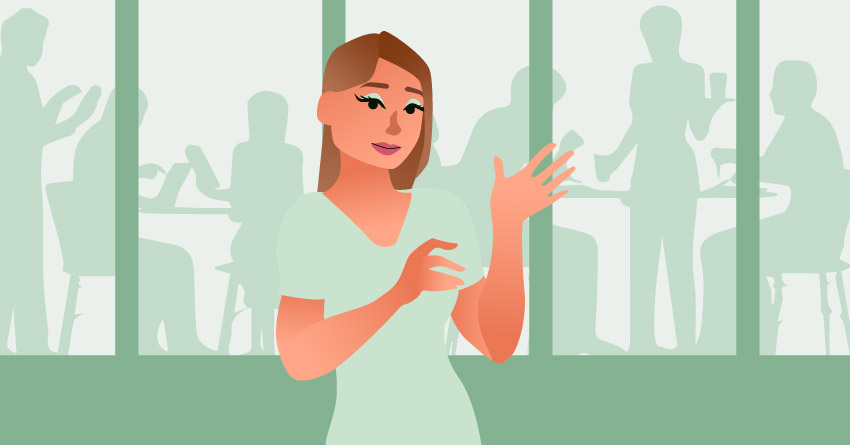
This tip on how to be socially confident can vary per person, but taking baby steps lessens the pressure on you and encourages you to take your time. This way, you’ll also develop better social skills when your mind is at ease.
Baby steps can look like having smaller interactions with your co-workers about how their weekend went. You can also complement a friend’s outfit when you’re hanging out and maybe asking what kind of style they were going for. Even saying hi and thank you to the cashier upon payment or to the server upon claiming your item counts as a small interaction.
These genuinely positive interactions build up over time, which can then increase your self-esteem and how you approach others.
6 Don’t be afraid to say yes.
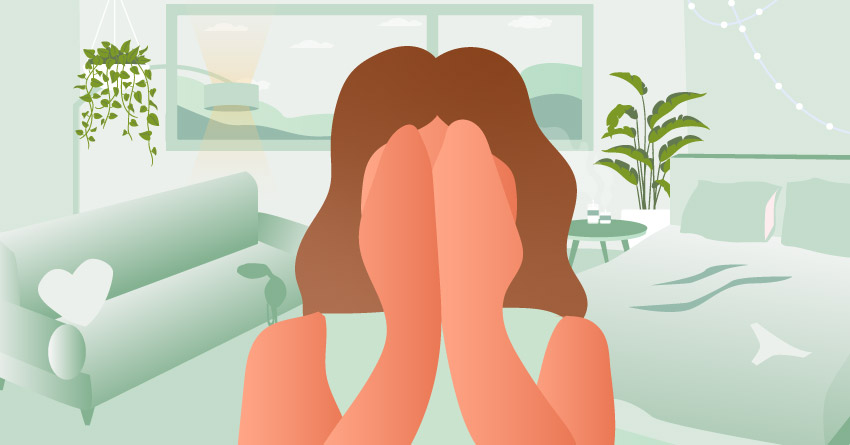
Whenever there is an opportunity to be social and meet new people, take that chance!
That way, you can keep practicing and improving your social skills. Hence, you gain more knowledge on how to be socially confident. It also teaches you to be braver and have higher self-trust in your capabilities. Aversion solves nothing, making the resistance even more uncomfortable to live with. After all, regret hurts a lot more than trying and failing.
-
Original price was: ₱2,445.00.₱1,956.00Current price is: ₱1,956.00.
-
₱2,445.00
-
₱5,395.00
-
₱4,950.00
7 Practice makes progress.
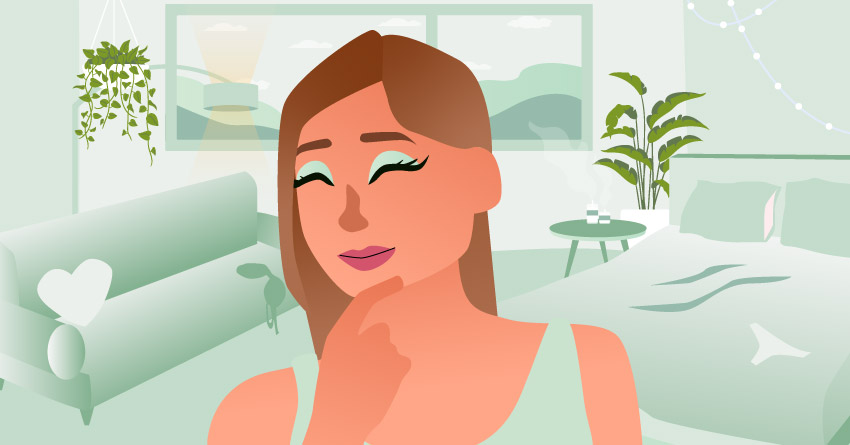
Yup, not perfection. There’s always room to grow when learning how to be socially confident.
Throughout your day, always work on how you interact with someone. Rather than disconnecting by putting on your headphones or going on your phone, try to be social at least once. If you’re with your family, ask them if they’d want some water along with their meal. With friends, share with them your recent discovery. At work, ask a co-worker about why they chose their desired field.
There are numerous ways to be social as you go through your day, and finding the open opportunity that matches your current social skills is key.
8 Try meditation.
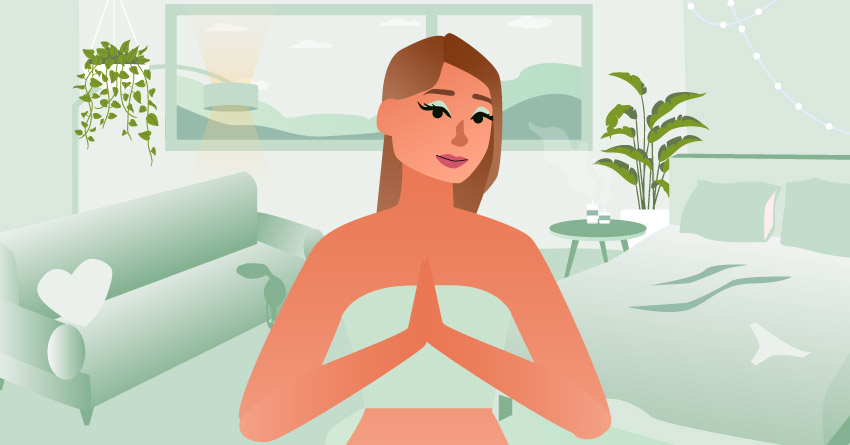
Meditation keeps you calm and grounded in the present moment. Doing it daily can improve your nervous system and your focus on the big things in your life, making you feel more confident over time. It also helps you detach and unlearn limiting beliefs and feelings, making way for affirming and positive ones.
In terms of learning how to be socially confident, meditation allows you to absorb the information they give you because you’re more aware and present.
-
₱2,695.00
-
₱9,000.00
-
₱4,495.00
-
₱2,695.00
9 Stray away from unhealthy distractions.

If you feel the urge to bring out your phone when you’re in a social gathering, it only stunts your growth in building social confidence. Such a coping behavior may be a way to protect you from distress, but it may just worsen how you view and act around in social situations. Plus, it gives off the impression that you’re unapproachable by those around you.
Aside from using your phone, other unhealthy coping mechanisms would be going out for a smoke or sneaking in a flask of alcohol and drinking from it. Engaging in them rather than trying to say hi to someone only dampens your courage in learning how to be socially confident.
10 Find middle ground.

It helps to have mutual interests with someone to spark a conversation. From there, flow will come out effortlessly and easily. Plus, you’ll feel a lot more positive and overjoyed to talk about what you’re into. The conversations may even become naturally lengthy because you’re very much invested in this person.
Natural flow in conversations due to interests = Being better at learning how to be socially confident!
11 It’s okay not to click with everyone.
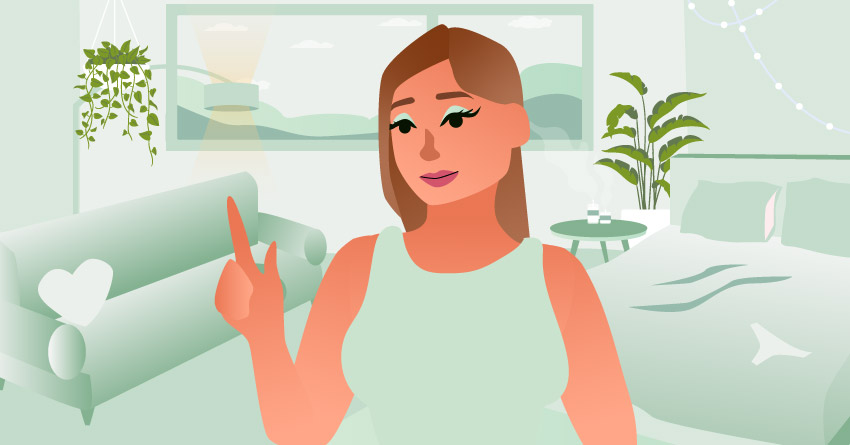
Ask yourself: do you even like everyone?
If the answer is no, then that also applies to others not vibing with you. For one, it’s a given (a hard one) that you can’t please everyone. Either that or you end up people-pleasing others, which has more negative effects. But besides the point, it’s okay if neither of you share mutual views or interests and move on to the next person. Be polite and grateful too for the time.
Being selective with the people you surround yourself with allows you to be your true self, not trying to force a connection when you both really don’t match.
12 Be an active listener.
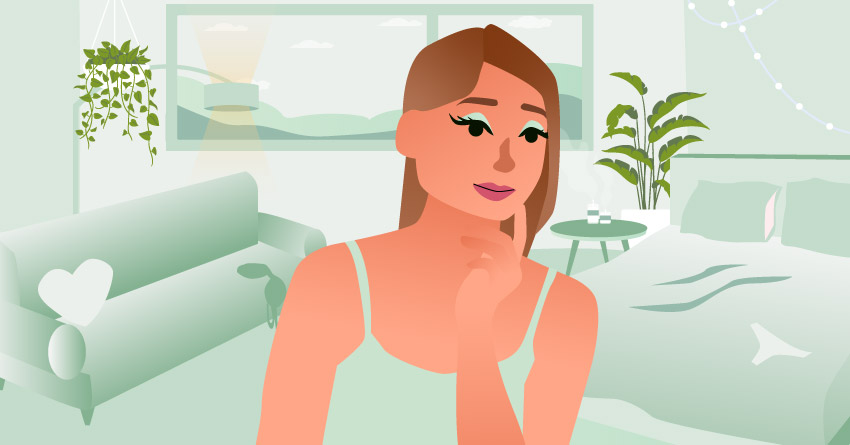
Sometimes, showing social confidence isn’t based on how much you yap and share your thoughts with others. Being present and acting as someone’s soundboard allows you to be focused and connected to them. You’ll also be able to summarize or paraphrase what they’re trying to say as a way to show that you’re listening or possibly ask for extra clarification. It makes you attentive and forego any potential distractions beside you.
Being an active listener also lessens your use of filler words and how to maintaining good eye contact with someone. Those awkward circumstances would occur a lot less.
-
₱1,894.00
-
₱1,694.00
-
₱1,894.00
-
₱1,894.00
13 Go outside of your comfort zone every now and then.
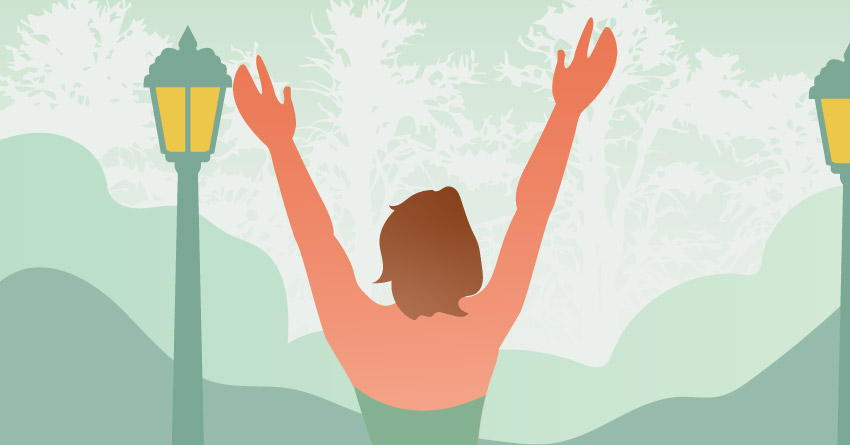
Nobody succeeds in life by keeping it safe, including learning how to be socially confident. Hence, going out of your comfort zone enhances your personal growth and teaches you self-trust. It also helps you adapt to all sorts of situations, making you more resilient and less nervous the more often you do it.
Going outside of your comfort zone in terms of social confidence can look like reconnecting with an old high school friend online. It’s been a while since you’ve seen them, and you really want to catch up with them, so you send them a light-hearted message: “Hi, [name]! How are you? It’s been so long since we last caught up!”
Another way of going outside your comfort zone and building social confidence is by trying a new hobby. Not only do you develop a new skill, but most likely, you’ll encounter new people there if it’s at a studio or classroom.
Overall, going outside your comfort zone not only does it build knowledge that’s worth sharing, but it makes life more thrilling and exciting.
14 Speak slowly and clearly.
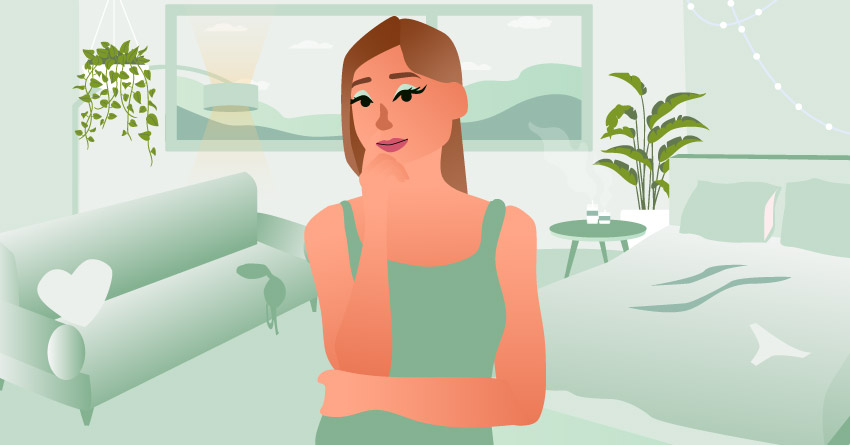
Nobody likes a speed talker! What ounce of information can you get out of it? Pronounce and enunciate each other’s words carefully, and don’t forget eye contact, too. Looking on the ground while talking or having fidgety eyes can set a bad impression that you’re not paying any attention to them.
15 Surround yourself with confident friends.
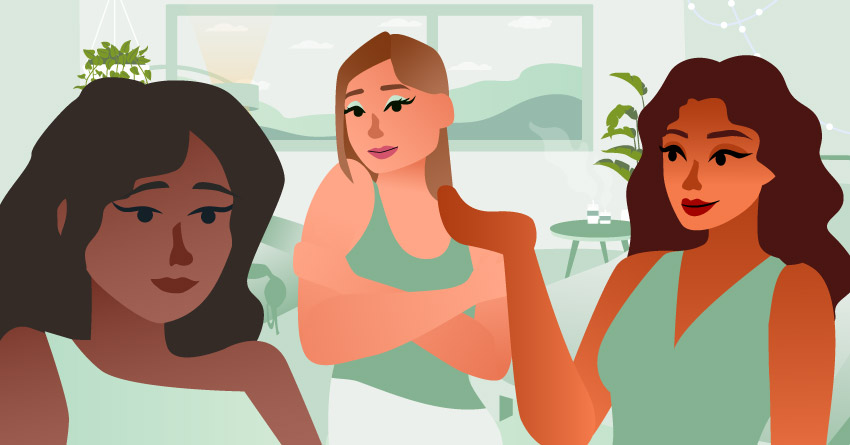
Being around confident friends can be a learning lesson for you. You can pick up on their mannerisms while they also help introduce you to new people. You may even feel more relaxed in social scenarios when they’re around so that eventually, you can socialize independently.
16 Seek professional help.
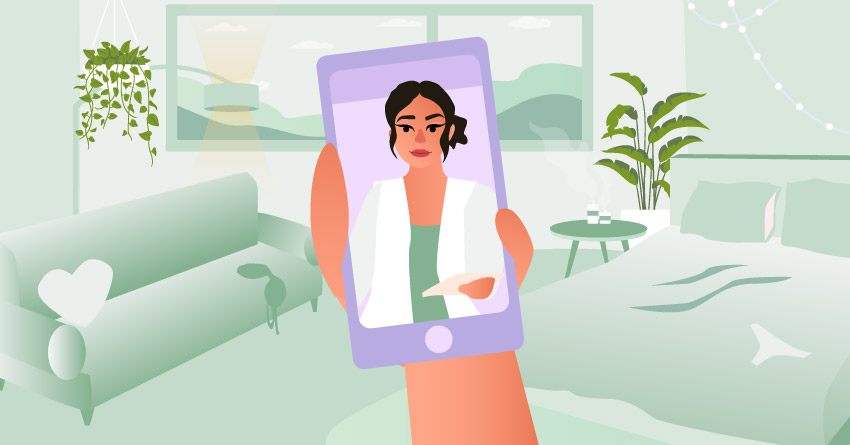
Consulting with a professional, like a therapist, can be a big help when learning how to be socially confident on your own is too difficult. They’ll able to pinpoint the roots of your struggle and fears and help you work through it through exercises and advice.
Consulting with a professional is also crucial when your low confidence is caused by social anxiety. From there, they can further help you with treatment.
-
₱1,065.00
-
Original price was: ₱795.00.₱556.50Current price is: ₱556.50.
-
Original price was: ₱795.00.₱556.50Current price is: ₱556.50.
Takeaway
And that wraps up our informative guide on how to be socially confident! We hope this guide provided you with more clarity on how you can feel more at ease and optimistic when you interact with someone. While understanding that nerves are common when socializing is involved, big or small, it can be worked on and even conquered step by step. But at the same time, intense aversion to any social interaction or being perceived may suspect a deeper condition that should be professionally checked on.
For more self-help guides such as this one, check us out on the Lauvblog over here!
























